Child organ trafficking is one of the most brutal violations of human rights, affecting the most vulnerable groups worldwide. Despite strict regulations in many countries prohibiting this practice, the global shortage of organs for transplantation and the growing demand for illegal transplants make this issue persistent and in need of urgent attention.
Organ trafficking is a global phenomenon. According to the World Health Organization (WHO), up to 10% of all transplants worldwide may come from illegal sources. Children, as one of the most vulnerable groups, are often the victims of this practice. Migrants, refugees, and children from developing countries such as India, Sudan, and Nepal are primary targets of criminal networks involved in organ trafficking. This problem also affects the United States, where, despite strict regulations, cases of organ trafficking are numerous and demand urgent attention.
Children are abducted by organized criminal groups or coerced into “selling” their organs by impoverished families. Transplant tourism, where patients from developed countries travel to poorer regions to obtain organs from illegal sources, exacerbates the problem. These activities often take place in secrecy, making them difficult to detect and prosecute.
Armed conflicts and poverty in regions such as Sudan and the Democratic Republic of Congo create fertile ground for this practice. India, Pakistan, and Nepal are countries where child organ trafficking is part of a broader issue of human trafficking. Refugees, especially children from Syria and Afghanistan, are at risk of exploitation during attempts to cross borders. In the United States, this problem is also growing, as evidenced by numerous reports of organized criminal networks operating within the country.
In 2012, Levy Izhak Rosenbaum was sentenced to two and a half years in prison in the United States for arranging illegal kidney transplants. This was one of many cases highlighting the scale of the problem in the country. Globally, such cases are even more common, particularly in developing regions. In Egypt, a criminal network involving doctors and nurses was uncovered in 2016, trafficking children’s organs illegally.
Organ trafficking is prohibited by numerous legal frameworks, including the Council of Europe Convention against Trafficking in Human Organs adopted in 2015. In the United States, the federal National Organ Transplant Act (NOTA) of 1984 strictly prohibits the sale of human organs for profit. Despite this, organized criminal groups find ways to circumvent the law, necessitating intensified enforcement and prevention efforts.
Organ trafficking operates in secrecy, and the involvement of organized criminal groups and the lack of international cooperation make prosecuting this crime challenging. The global shortage of organs for transplantation fuels the illegal market, making its eradication particularly difficult. In the United States, where the number of people needing transplants continues to rise, this issue is especially pressing.
Raising public awareness about the health and legal consequences of organ trafficking is a key element in preventing this practice. Organizations such as Interpol, UNICEF, and UNODC are intensifying efforts to locate missing children and combat organ trafficking. Programs like Amber Alert help respond quickly to child abductions.
It is essential to strengthen legal regulations and increase oversight of medical procedures to eliminate the possibility of using illegal organs.
Child organ trafficking is a global problem requiring decisive actions at both local and international levels. Protecting the most vulnerable groups, strengthening legal frameworks, and educating the public are essential to effectively countering this brutal practice. Through collective efforts, we can make the world a safer place for children and adults alike.
International Human Rights Commission IHRC Corporation actively fights against this practice. We collaborate with international agencies and organizations to locate missing children, dismantle criminal networks, and raise public awareness about this issue.
International Human Rights Commission IHRC Corporation, DBA name as Interpol Center USA – ID 7579059, are exempt from federal income tax under Internal Revenue Code (IRC) section 501(c)(3). Donors can deduct contributions they make to us under IRC Section 170. We are also qualified to receive tax-deductible bequests, devises, transfers, or gifts under Section 2055, 2106, or 2522.
Link to fundraising: https://www.gofundme.com/f/Interpol-Center-USA

Dawid SZABLOWSKI
Ambassador at Large
Intergovernmental Communications Advisor
Head of IHRC Press Department

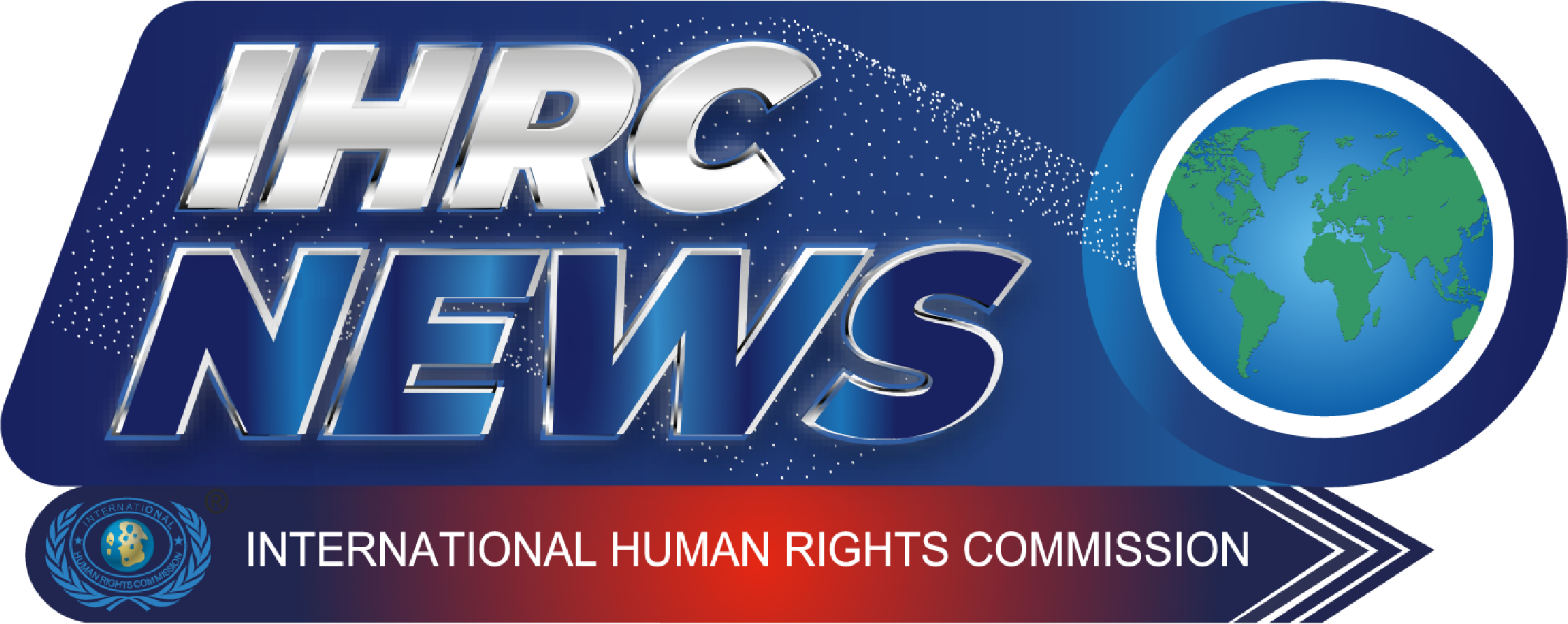
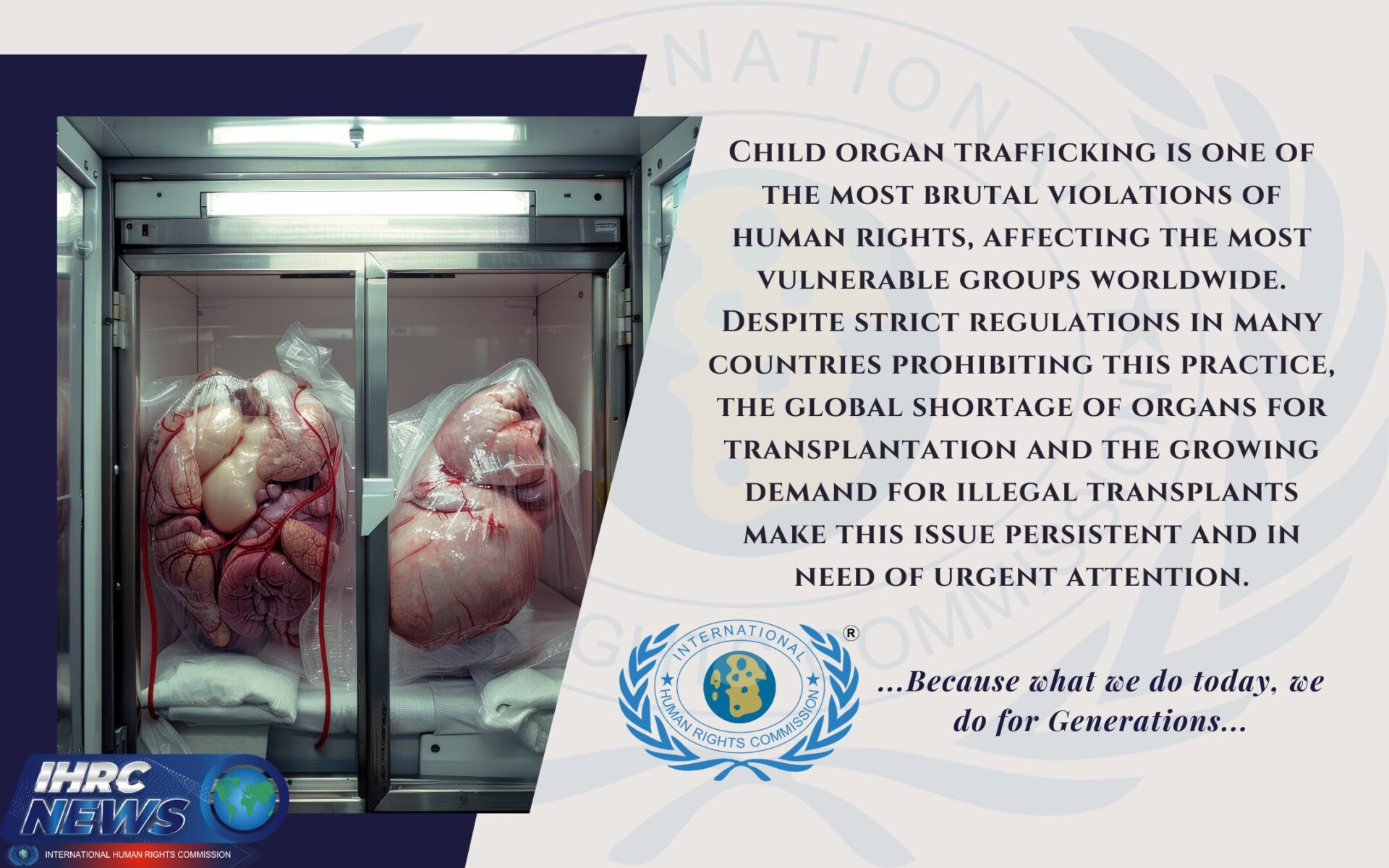
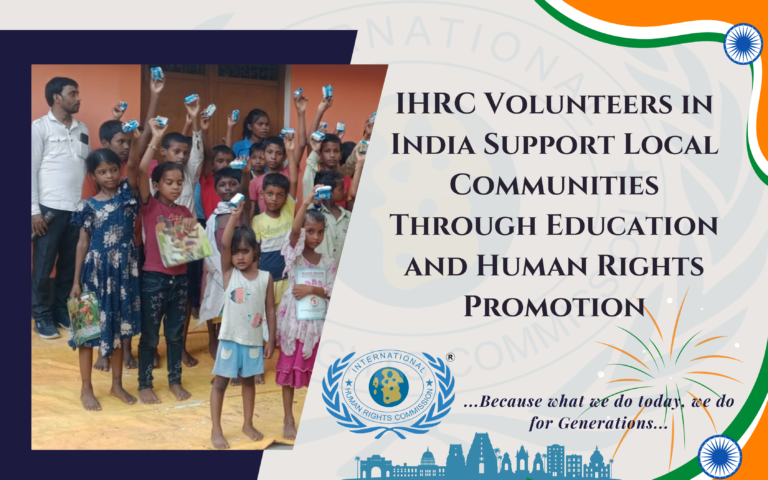
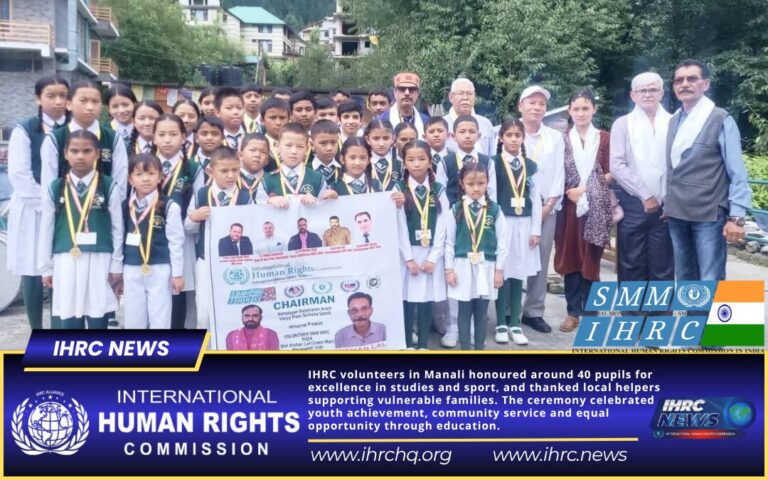
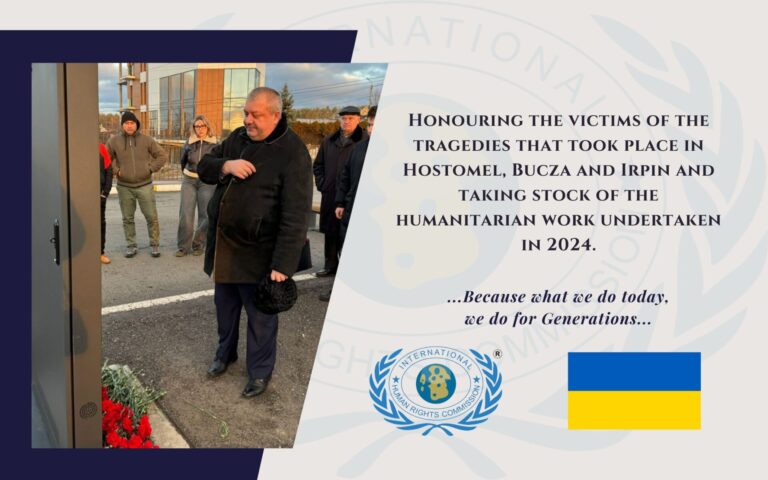
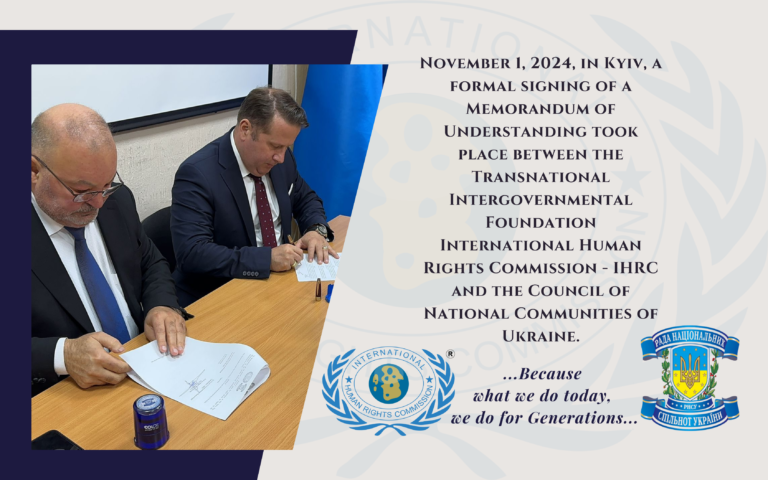

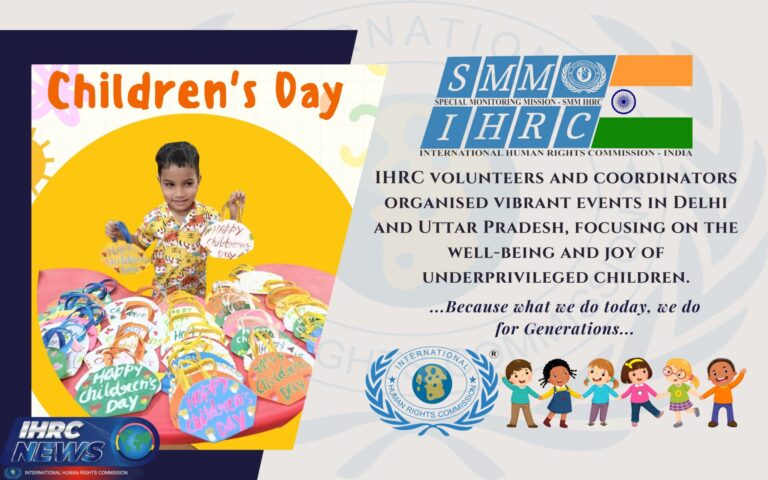
this is a very sad incident.
Well, trafficking of human organs is very crucial indeed. It seems, all human being should work jointly to come over this very ugly business. Let us hope IHRC is the united platform where we all equally can participate and unite our voice against this cruelty.